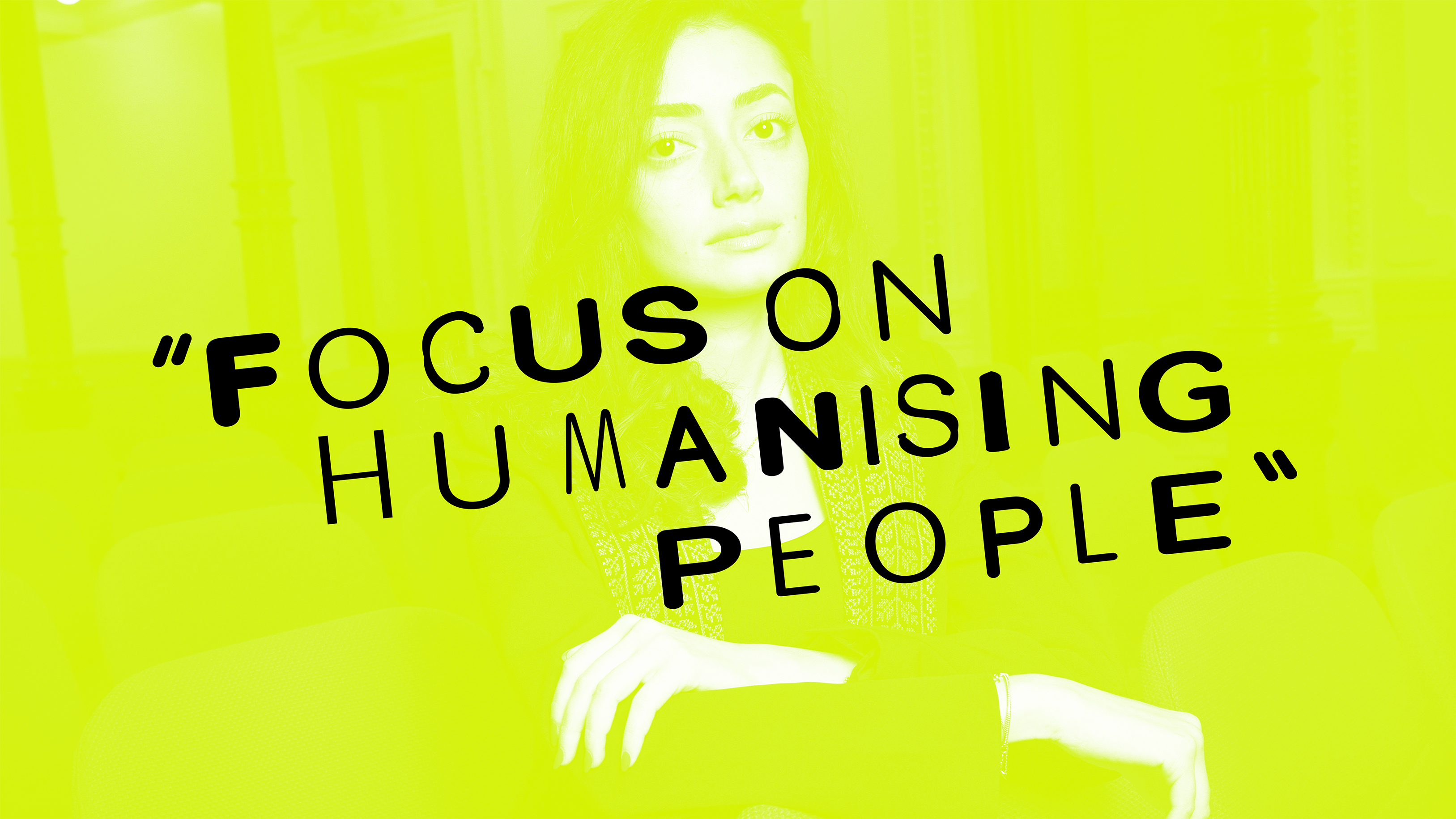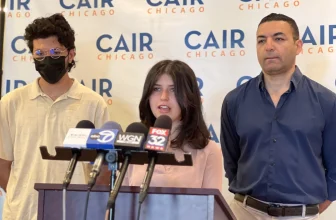

Can you talk about the writing processes for the book?
I started writing my diary entries when I was in Gaza. I didn’t have my original diary with me. It was a random, ugly blue notebook that I was writing in. I didn’t really like how it looked, but it was all I could find and I was grateful for it. I started writing with it in different places – in the car, on the sidewalks of the street – writing, writing, writing. Sometimes I used to write about my day before trying to sleep at night, sometimes I’d write in the morning because I didn’t want anyone around me to talk to me, and they’d see me busy writing.
The first 45 days were obviously in Gaza, then the aftermath chapter I wrote when I was in Australia, and I wrote when I was in Egypt as well. So I wrote in different places and when we started turning the diary entries into a book, it was professionally edited – going back and forth on a Microsoft Word document.
I think what I connected with the most reading the book was how you really show that people aren’t statistics – of course the official death toll hit 50,000 the other day.
The death tally is more than 50,000. [There was a Lancet] study months ago that said that it’s actually more than 185,000. 50,000 is not an up-to-date number, because when you think about it, the people who are supposed to tell you how many people are being killed, are also getting killed.
I think it shows a forward thinking, modern way to do journalism. Should journalists learn from the ways that you’ve been telling stories?
Yes, there is a lot [other journalists] could learn. First of all, to focus on humanising people and not on surface level reporting. I appreciate all journalists – I’m only 23 years old and when I was reporting [in Gaza], I was only 20, 21. I don’t have a lot of experience – they obviously have experience and I appreciate that, but sometimes I believe that it’s a good thing I don’t, because I’m not following someone else’s work or path. I’m doing things the way I believe that they should be done, because sometimes journalists follow what’s in the book and don’t actually dig deep to understand the person they’re working on [for] their story, or to understand the importance of what they’re reporting on.
If a story goes viral, not all journalists should report on it just because it’s viral. There are a lot of untold stories that could go viral, but they’re unreported on. So focus on reporting that. Choose your stories wisely, ask your questions wisely, and ask yourself: “What’s the purpose of what I’m doing?” Because if you know the purpose and value of what you’re doing, you’ll do your job better. If you’re doing what you’re doing only for your story to go viral, or for such intentions, then you wouldn’t cover the story as it should be reported.







